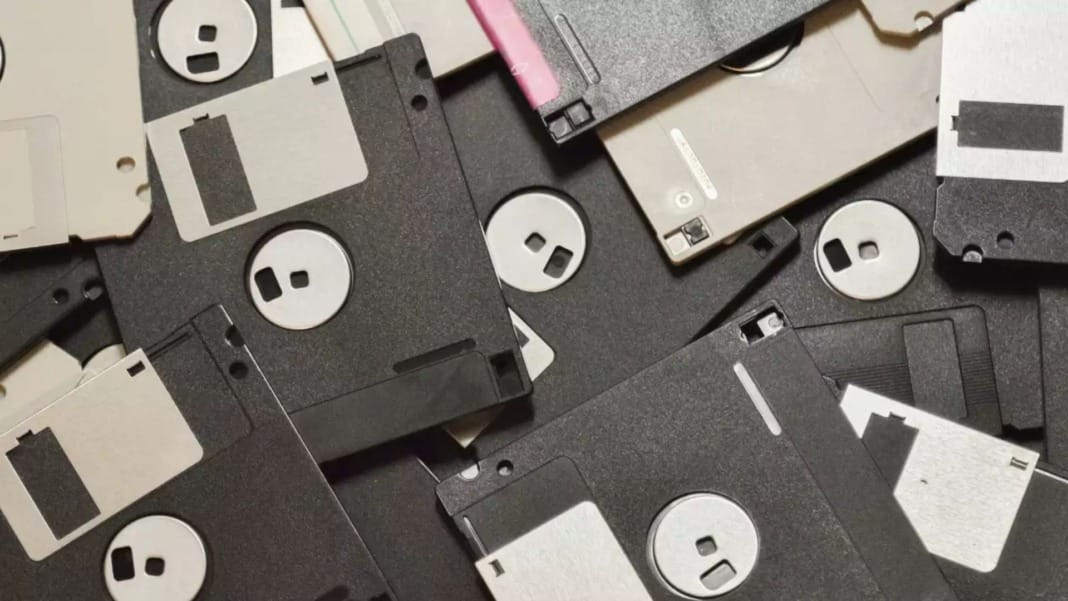The Muni Metro in San Francisco is set to undergo a major technological upgrade, bringing its Automatic Train Control System (ATCS) up-to-date after decades of using 5.25-inch floppy disks. Those old floppy disks that have mostly faded into history still play a key role in running San Francisco’s metro trains. However, as part of a larger modernisation plan, the San Francisco Municipal Transportation Agency (SFMTA) has secured a US$212 million contract with Hitachi Rail to revamp this outdated system, advancing it roughly five generations forward. This marks a significant step in SFMTA’s ongoing efforts to improve transport infrastructure, with a US$700 million budget earmarked for this series of upgrades.
Moving from floppy disks to Wi-Fi control
For years, the ATCS system has relied on floppy disks to coordinate trains across San Francisco’s Muni Metro lines, first implemented in 1998. Trains running in the subway have used an automatic mode, while those operating above ground require manual control. The limitations and age of the current system are apparent, especially as SFMTA officials revealed that the ATCS software, initially expected to last 20 to 25 years, is now officially out of date.
The new contract with Hitachi Rail outlines plans to replace floppy disks with modern, wireless technology. The upgraded ATCS will use Wi-Fi and cellular signals to track train locations in real time, vastly improving operational efficiency and communication. The transition is still awaiting final approval from the SFMTA Board of Supervisors, but once cleared, it will enable a more reliable and safer experience for commuters.
SFMTA spokespersons shared that this transition to a wireless system has been in the works since 2018, but the COVID-19 pandemic led to delays. Despite these setbacks, the upgrade is targeted for completion between 2027 and 2028. Full implementation of all SFMTA infrastructure upgrades, valued at US$700 million, is expected by 2033 to 2034. Hitachi Rail will also provide ongoing support for the system over the next 20 years as part of the agreement.
Floppy disks still survive in niche industries
Though floppy disks may seem like a relic, certain industries continue to use them. Besides the Muni Metro, floppy disks are still found in aviation, where Boeing 747-400s rely on them to update navigation systems. Floppy disks also power Chuck E. Cheese’s well-known animatronic characters, and some medical devices, including CT and ultrasound machines, still depend on them for functionality. While floppy disks are nearly obsolete worldwide, they remain crucial in these specialised settings.
Tom Persky, the owner of Floppydisk.com, a business that supplies floppy disks and legacy technology, commented on this enduring niche market in an interview with The Register in 2022. According to Persky, demand has remained steady. Still, he estimated that his company may only have about four years left before floppy disks become entirely unviable due to dwindling supplies and the need for more new production.
While the Muni Metro’s move to phase out floppy disks marks the end of an era, it’s also a sign of much-needed progress. Passengers will benefit from a more seamless and efficient metro service, and San Francisco will no longer depend on an increasingly difficult-to-maintain technology. With the contract set, the journey to a modernised transit experience for San Francisco’s commuters is finally underway.





